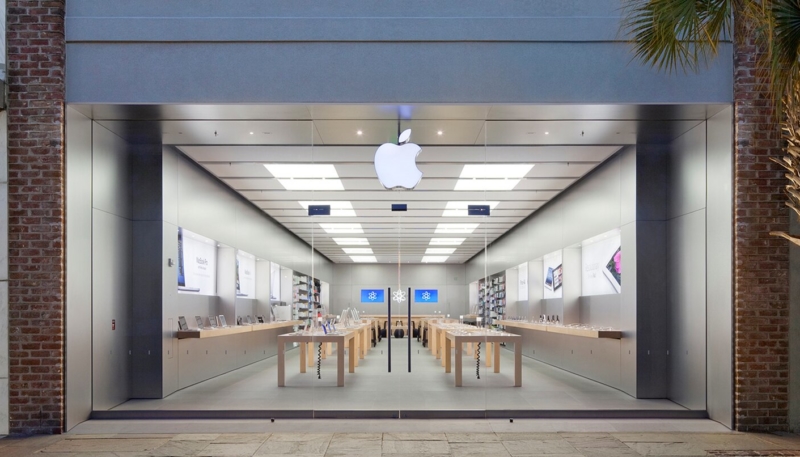A settlement in the Apple Store employee bag search dispute has been given provisional approval by a court. The judge, while not satisfied that the agreement was perfect, it was good enough to move forward.
Employees alleged that Apple subjected them to mandatory bag searches that were conducted off the clock, meaning they were uncompensated for their time.
Apple actually won the initial trial, when the court ruled that Apple employees chose to bring personal bags to work, but the employees appealed the case and it was sent to a higher court.
The 9th U.S. Circuit Court of Appeals said that the U.S. District Court that handled the original lawsuit had mistaken in its judgment when it sided with Apple over the case.
Apple required that all bags, packages, and Apple devices that belong to retail employees be checked by a manager or security before being allowed to leave the store for any reason. Employees are required to clock out before the exit search. It has been estimated that employees spent time waiting and undergoing searches ranging from five to 20 minutes. Busy days could see employees waiting as long as 45 minutes to have their bags checked.
Apple discontinued bag checks in 2015, and earlier this year offered to pay workers $30M to settle the case. Employees in the class of nearly 12,000 current and former Apple Store staffers in California can receive up to a maximum payment of about $1,200 if the settlement is approved.
Courthouse News (via Patently Apple) reports that a judge ruled that while the settlement was not perfect, but should be allowed.
Senior U.S. District Judge William Alsup granted preliminary approval to a $29.9 million settlement in an eight-page order issued Tuesday night.
The deal aims to compensate 14,683 current and former employees who worked at 52 Apple stores in California from July 2009 to December 2015, when Apple ended its bag-check policy.
The judge rejected some parts of the agreement.
He demanded lawyers make the process for opting out of the settlement easier for class members. He insisted they drop requirements that class members use “magic words” to opt out. He further stated opts-outs should be accepted by electronic submission and not just mail.
A final decision will be made on July 7.


